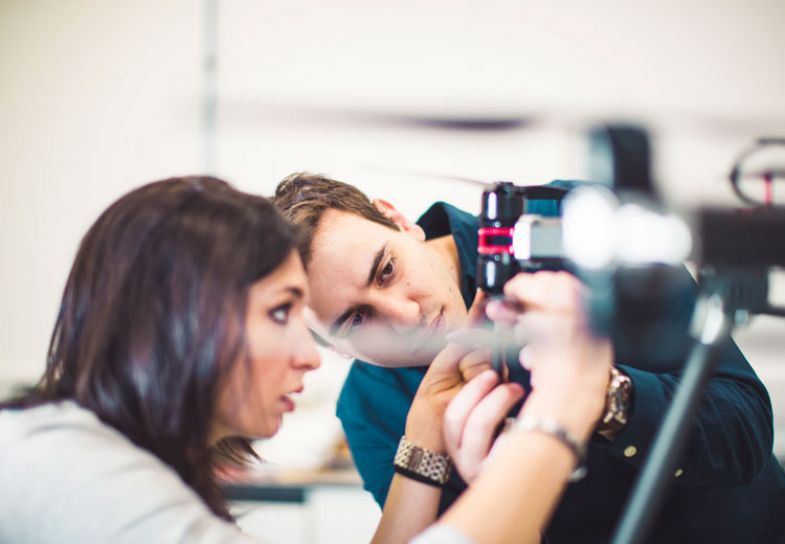
To mark its 75th anniversary, Cranfield University’s fellowships look to address the world’s greatest challenges
Since its foundation in 1946, Cranfield University has garnered a stellar reputation for its specialist postgraduate programmes in technology and management. With its 75th anniversary fellowship marking the occasion, Professor Tom Stephenson, Cranfield’s pro vice-chancellor for research and innovation, stresses that Cranfield is about a lot more than “guns, suits and planes”.
The fellowship scheme will run until 2027 – applications for the next intake have opened, closing 7 March 2021. The scheme will support 30 early career fellowship positions with funding to conduct independent research and develop their academic careers. Integral to the fellowships are Cranfield’s eight themes: water, agrifood, energy and power, aerospace, manufacturing, transport systems, defence and security, and management, which tackle the grand challenges facing the world. “Part of the inspiration for the fellowships is to show the fellows what they can do in multidisciplinary terms with what Cranfield has to offer,” say Professor Stephenson.
Sustainability and innovation figure in the work of the three inaugural fellows. Dr Namoon Cho’s work is on the future of aviation (Cranfield is the only university in Europe with a functioning airport) via robotic aerospace systems and design. Dr Ariel Sun’s work in finance draws on her experience at the International Monetary Fund and the Deutsche Bundesbank, focusing on three themes: systemic risk, designing sustainable equity release mortgages and measuring firms’ intangible assets in ESG terms. Dr Daniel Evans gets his hands dirty as he investigates saprolite’s potential to store and stabilise carbon, and its use for food-growing and fighting climate change. “A final frontier, and a critical frontier,” he says.
While the pandemic means the fellows have to operate at a distance, they are making excellent use of Cranfield’s cross-disciplinary networks, its research and innovation staff and its links with industry. Professor Stephenson explains that this puts researchers “closer to industry and the outside world at an earlier stage than they might experience elsewhere”. While fellows are expected to create their own opportunities with industry, government and other academic institutions, Cranfield provides support with its professional line managers and research and innovation office to help with grant applications and more.
Although Dr Evans and Dr Sun are just at the beginning of their fellowships, they are already linking their work to the outside world. Dr Evans sees his work as an opportunity to address food security and climate challenges through collaboration with policymakers, industry, farmers and agronomists at all levels; Dr Sun has gained a grant to work with the Brazilian government on improving its home equity loan market, and thus its pensions gap.
Professor Stephenson, meanwhile, is looking forward to seeing the applications from future fellows. “Because Cranfield is exclusively postgraduate, we like to think of ourselves as facing forward to industry and business more than at other academic institutions. We are looking for candidates who are looking to do more in their disciplines than they might otherwise have – to have a more immediate impact in the world.”
Find out more about the 75th anniversary fellowship at Cranfield University.



